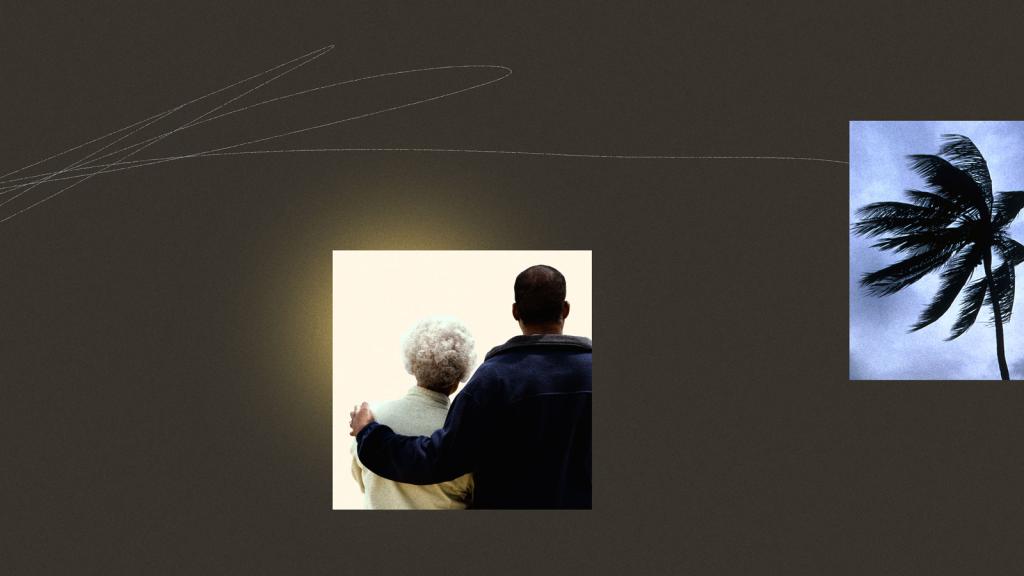This story is part of Fix’s What’s Next Issue, which looks ahead to the ideas and innovations that will shape the climate conversation in 2022, and asks what it means to have hope now. Check out the full issue here.
Last July, Ojibwe lawyer and activist (and 2017 Grist 50 honoree) Tara Houska spoke from a section of the Enbridge Line 3 pipeline in northern Minnesota, where more than a dozen water protectors had chained themselves to block further construction. “I’m not convinced that human beings are going to figure it out in time,” she said, “but to me, it’s about knowing that we can still create the most equitable and just and loving society we possibly can, even if we are past the point of no return.” I was 1,400 miles away in Houston, repairing broken pipes and replacing sheetrock after Winter Storm Uri’s freezing temperatures flooded tens of thousands of homes in February 2021. As a climate activist, I’d been closely following the Indigenous-led resistance to Line 3 and was deeply inspired by the activists’ defense not just of land, but of the sacredness of the earth.
Read more
